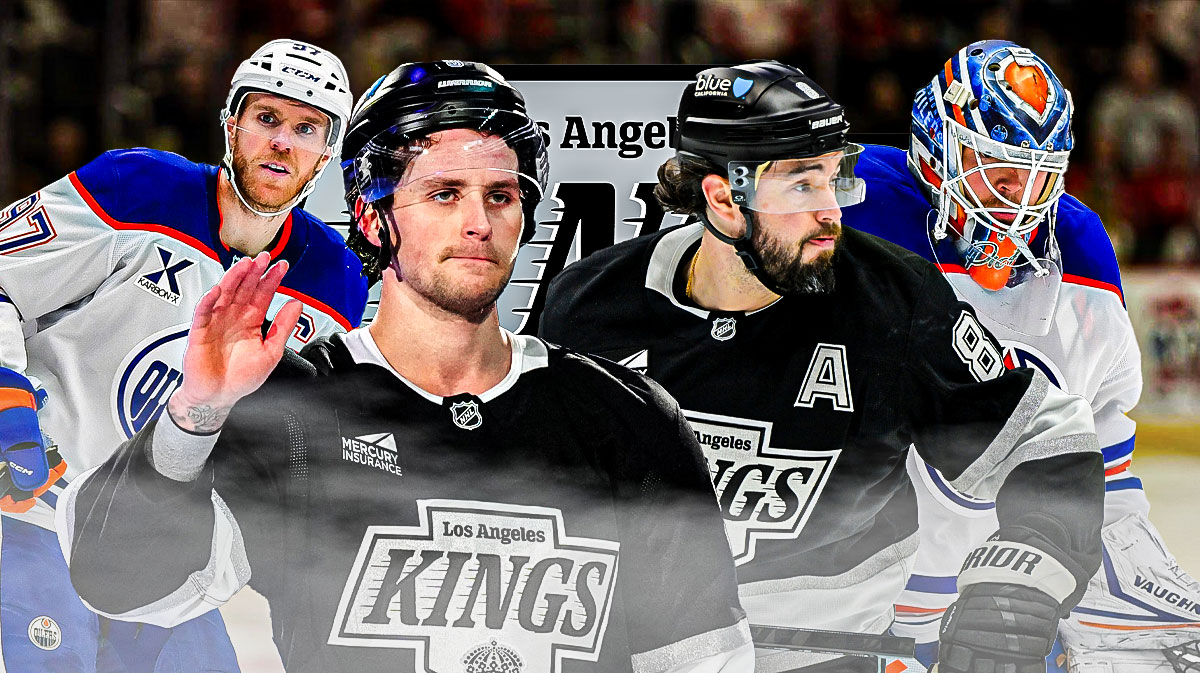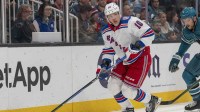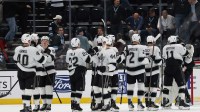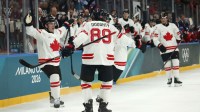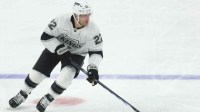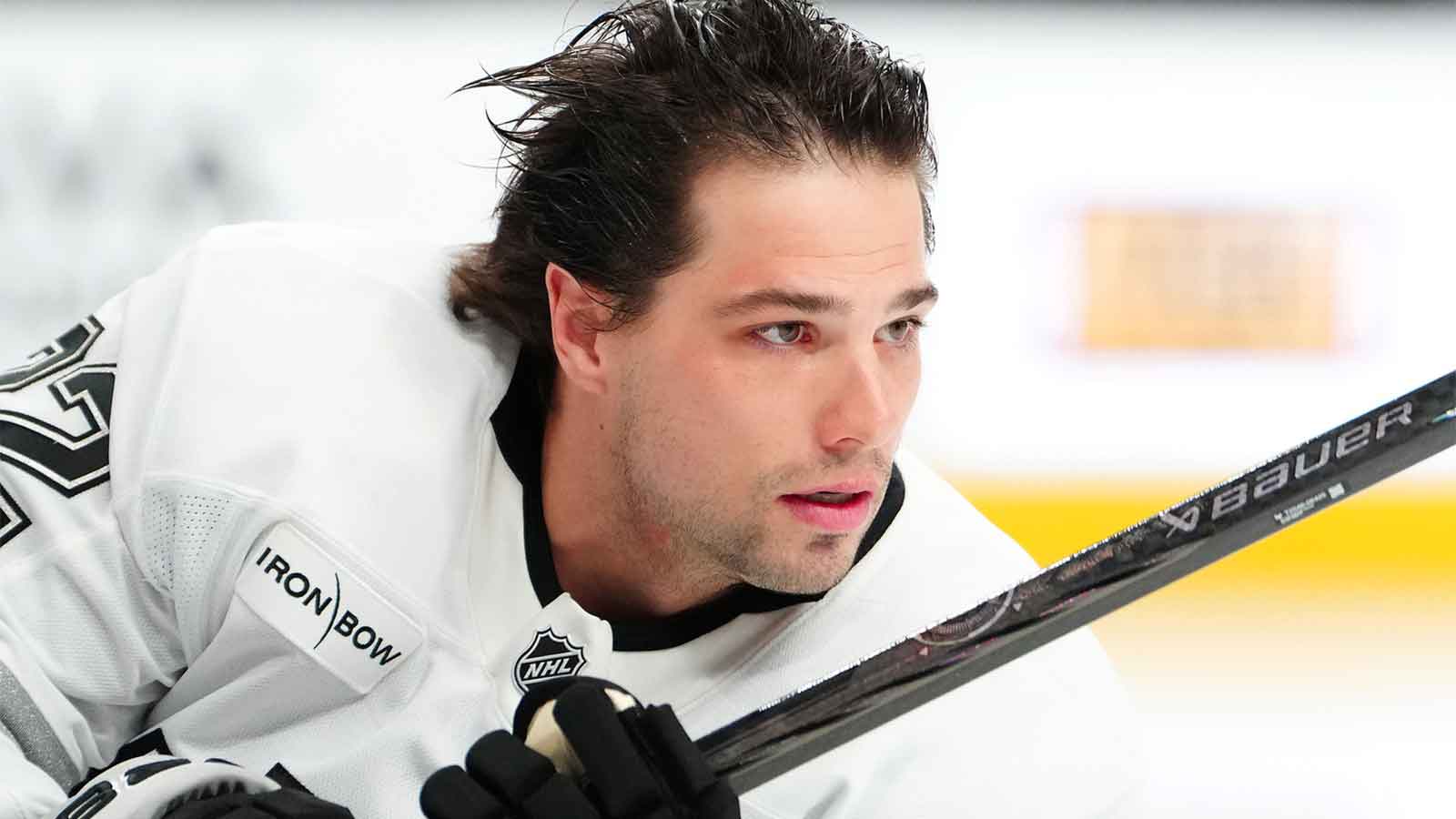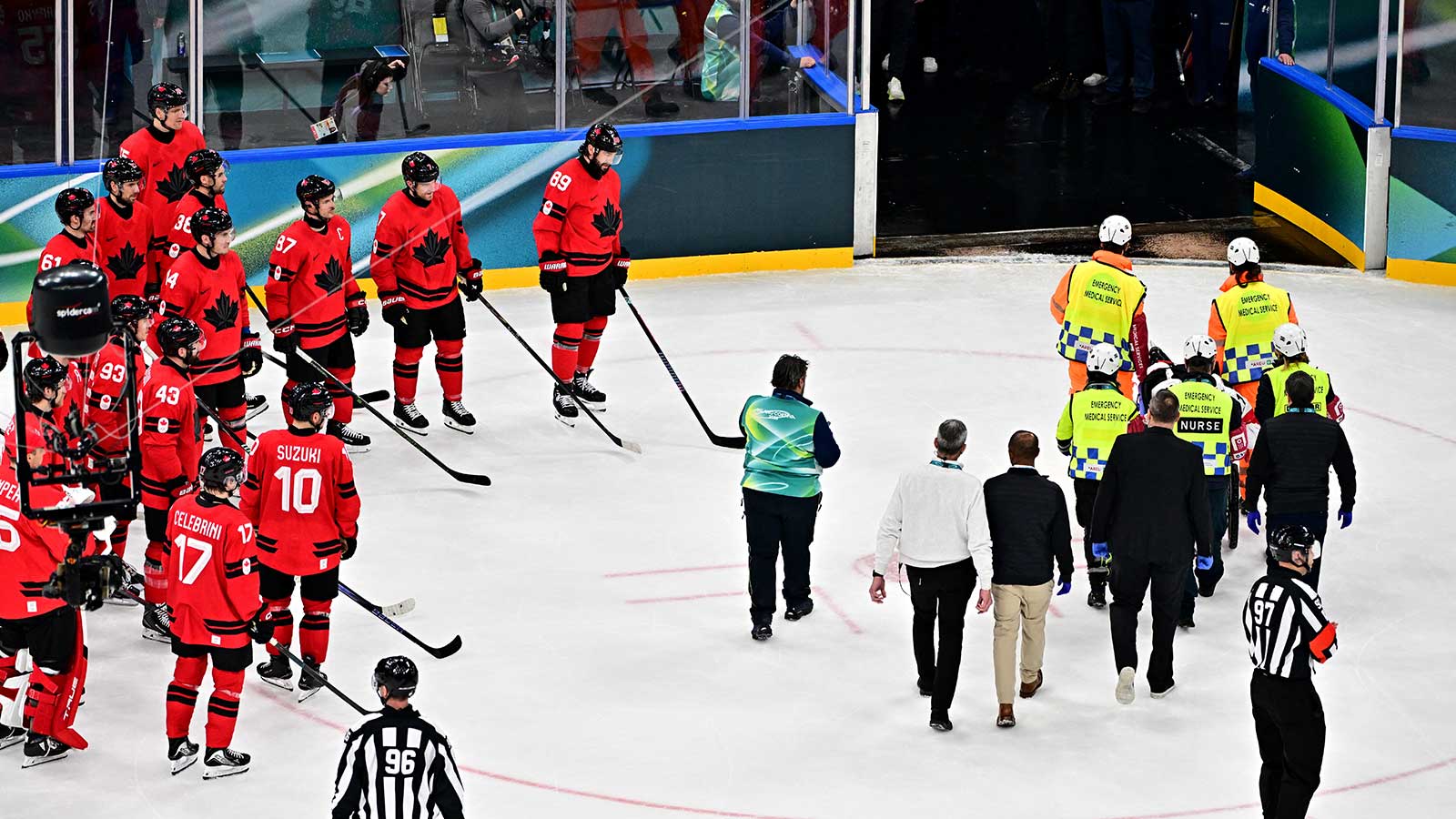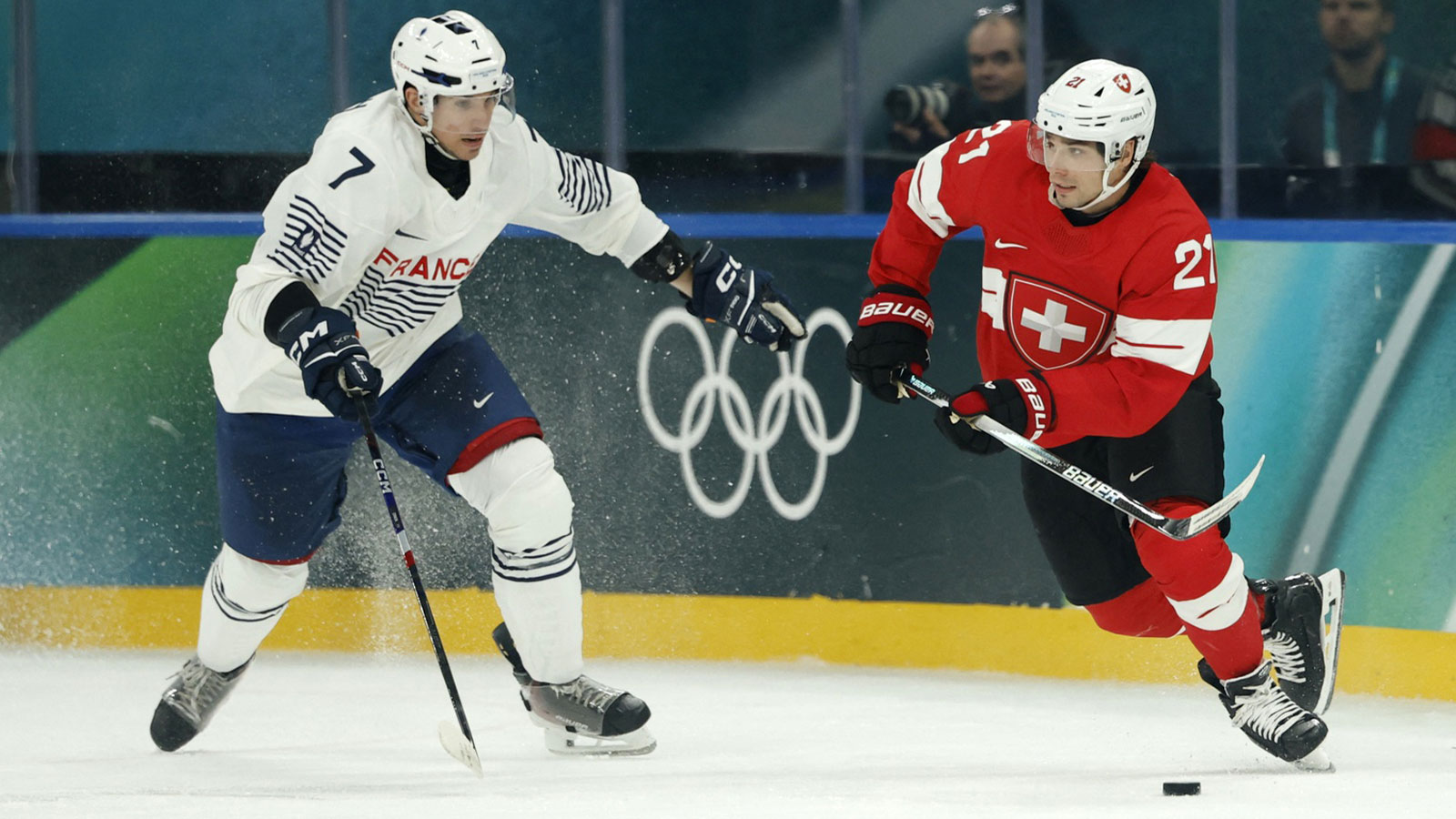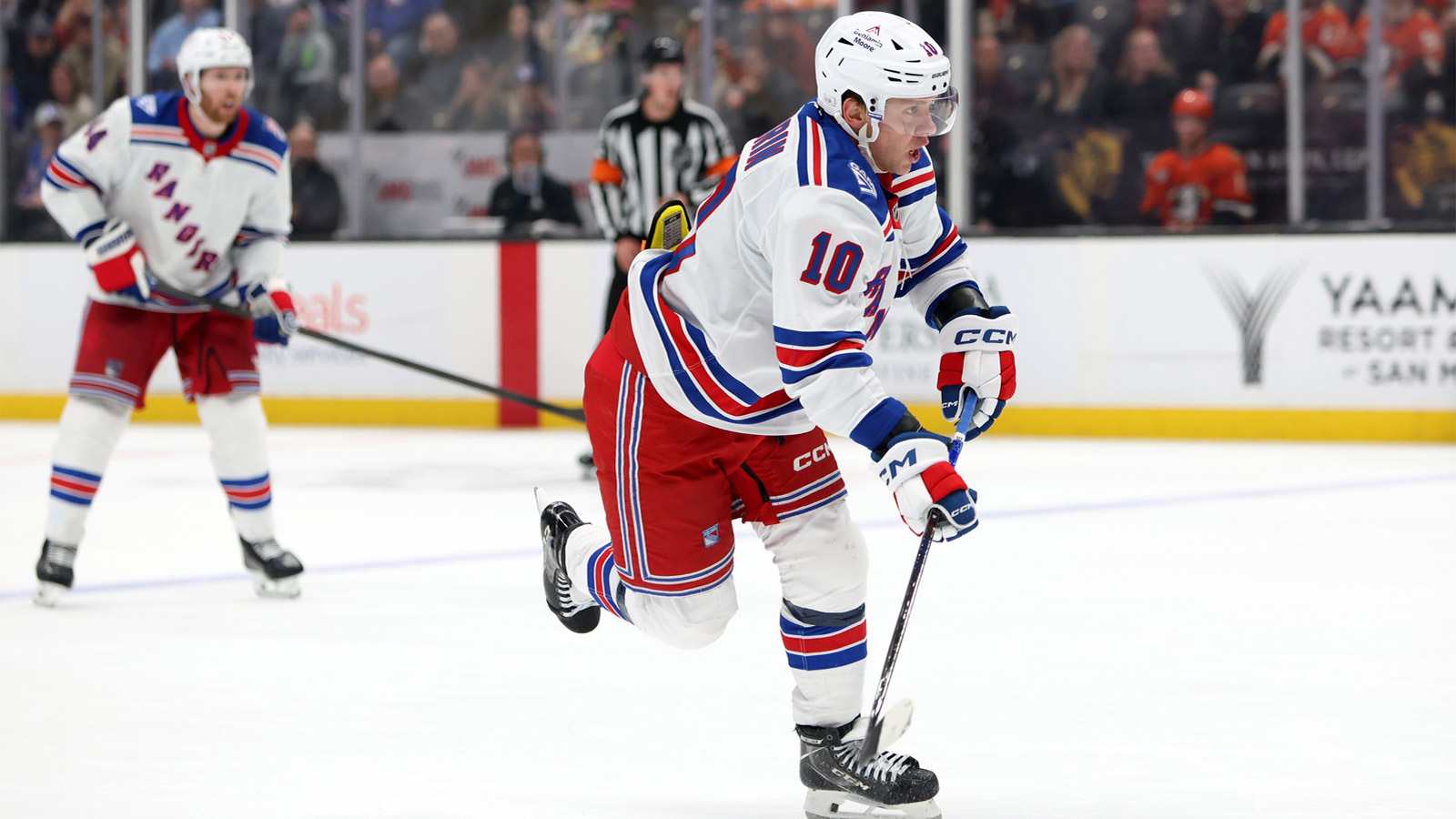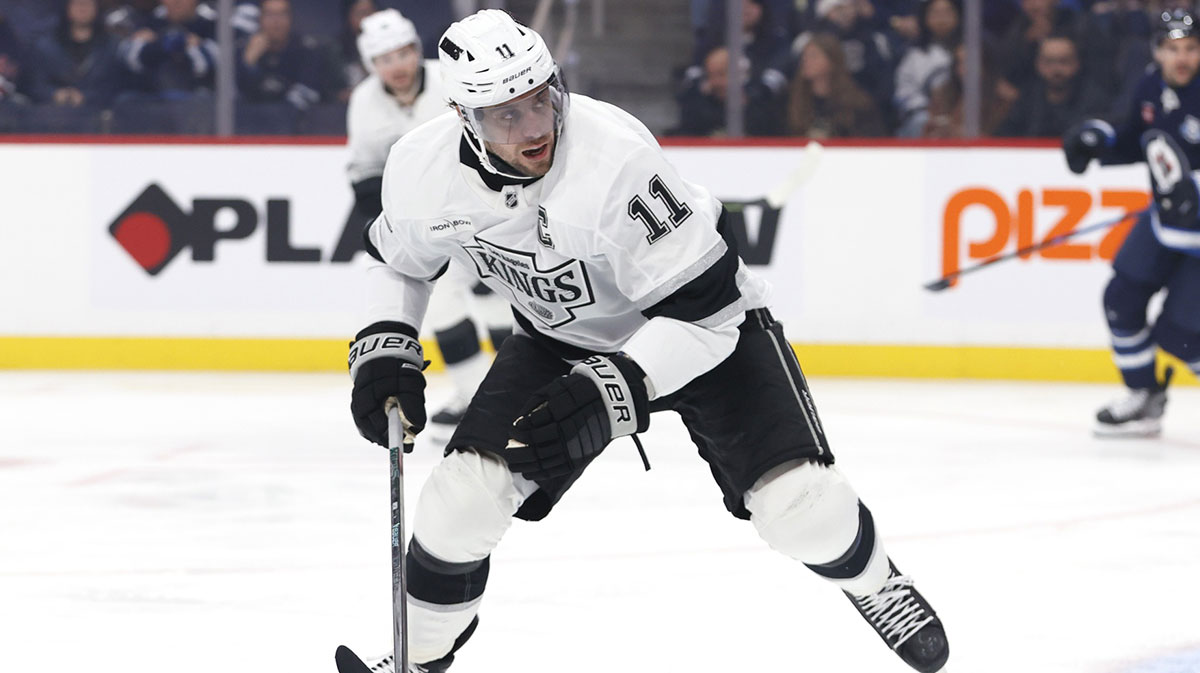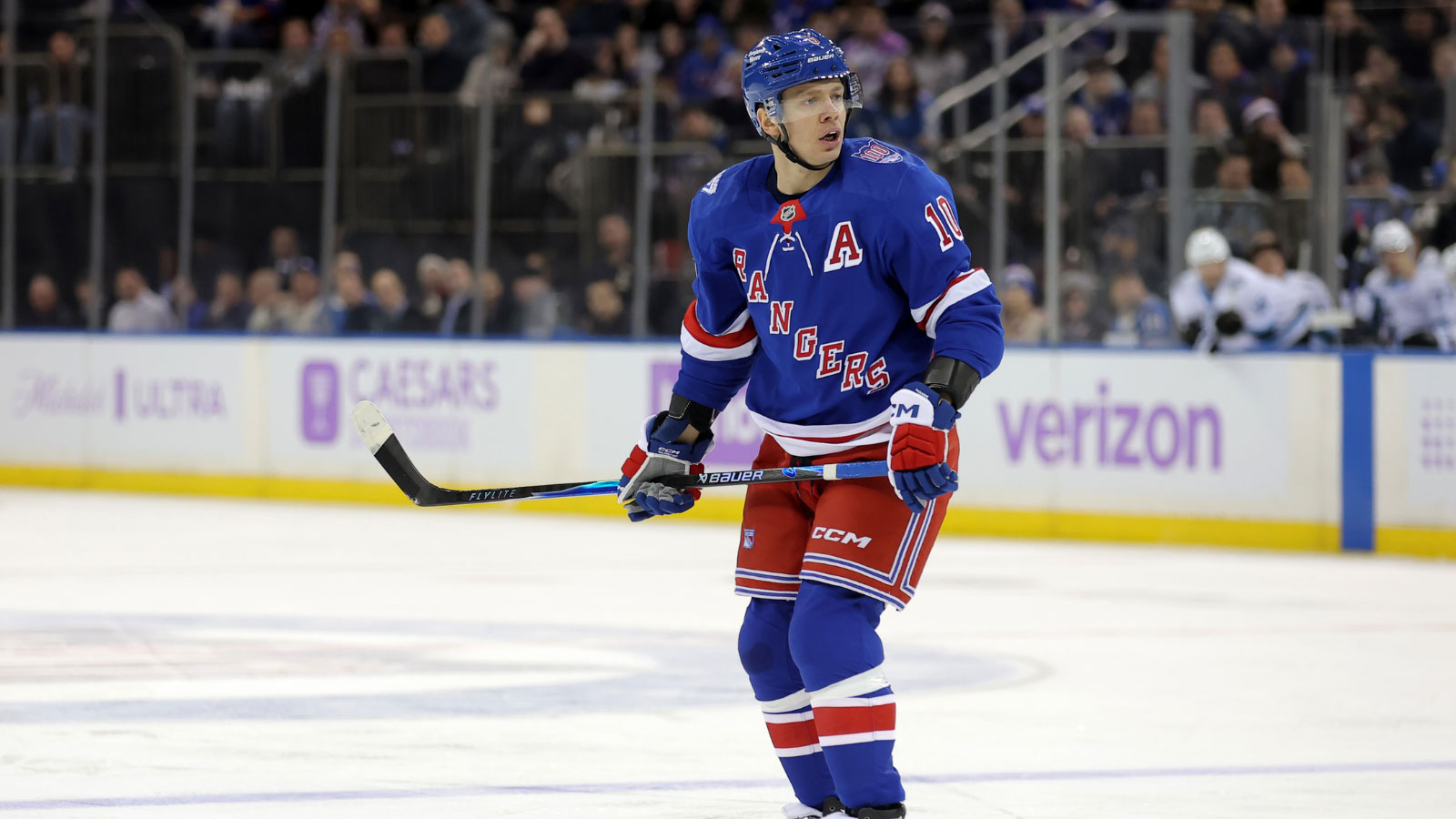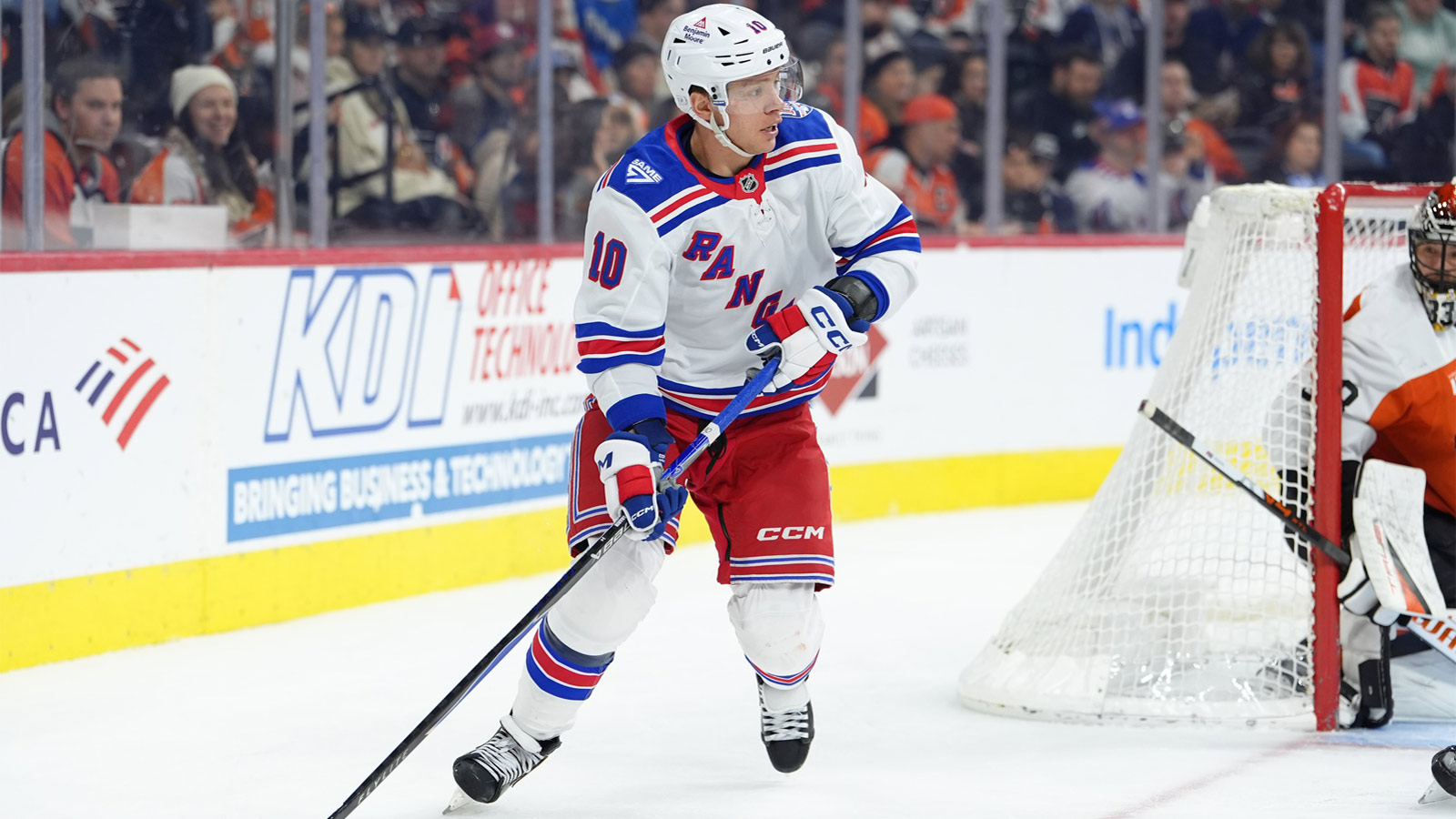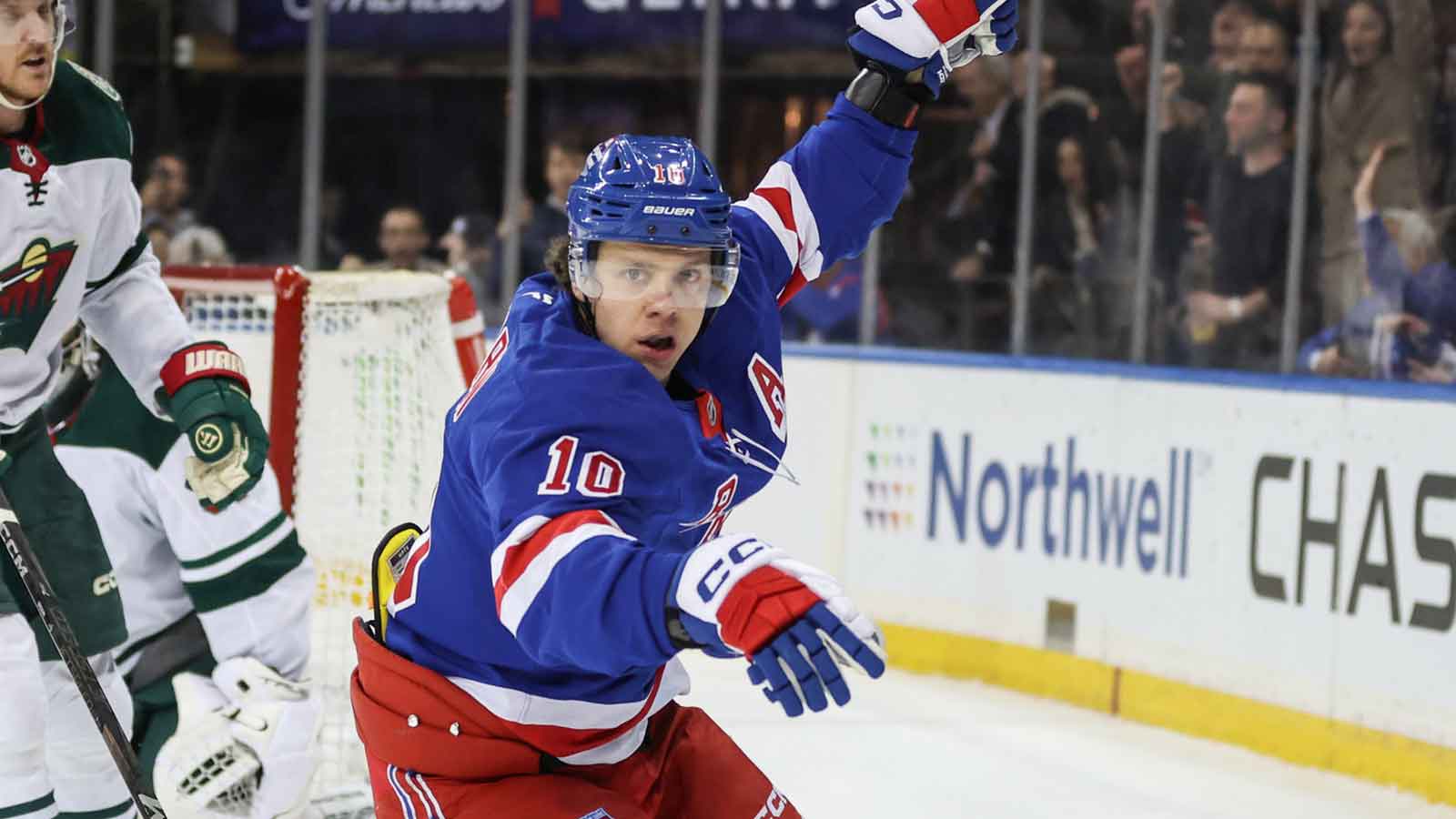Stop us if you've heard this before, but the Los Angeles Kings dropped their first-round series to the Edmonton Oilers. Well, you have heard it before, as this marks the fourth consecutive year where the Kings go golfing at the hands of Connor McDavid, Leon Draisaitl, and the Oilers. It looked like the Kings had this series in control after Game 2, but Edmonton found a way to do it again. Nevertheless, the Kings seem to have some mental block against the Oilers in the playoffs.
There are no excuses for the Kings this year. Edmonton was without its top defenseman, Mattias Ekholm, for the entire series, which was a massive issue considering their rocky goaltending situation. It proved correct, as Los Angeles chased Stuart Skinner after Game 2 when he allowed five goals on 28 shots. Unproven backup Calvin Pickard took over the starting role for the remainder of the series and became a hero for the Oilers by winning four consecutive games.
It wasn't always pretty for Pickard, but he outdueled Darcy Kuemper to send the Oilers to the second round. In all the first-round losses to Edmonton, this one will stick out as the most significant missed opportunity for Los Angeles. The Kings' core isn't getting any younger, and Anze Kopitar and Drew Doughty will have nightmares about this Oilers squad for the rest of their lives.
Los Angeles had plenty of success in the early 2010s, but Edmonton has single-handedly stopped them from winning more titles. This series easily falls on the entire roster, but there are some individual players and moments that you can point to as the most to blame for this year's loss.
Darcy Kuemper's failure to outduel Calvin Pickard
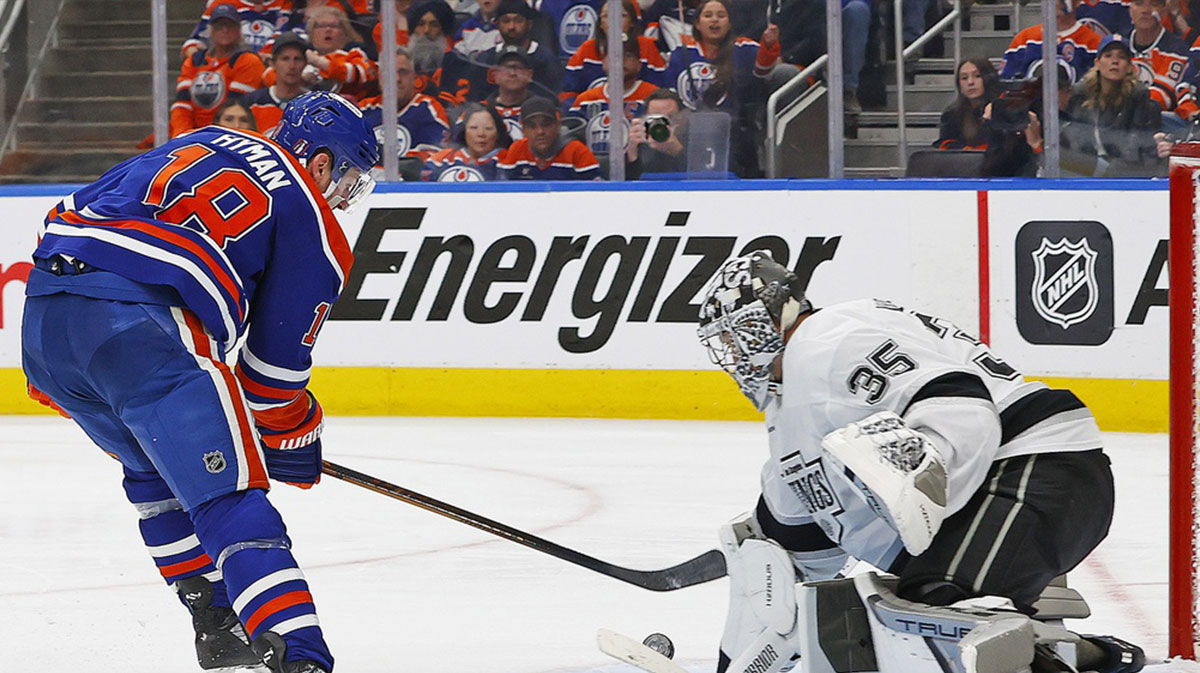
Labeling Kuemper as a player to blame in this series does not bring joy. He had moments where he was the only thing going for the Kings, but there were games that he should've won for his team that he failed to accomplish. It's also worth looking at Game 1, where Kuemper allowed five goals on 25 shots, and was only bailed out by the even poorer play of Skinner. After winning Game 2, the wheels started coming off slightly as he looked across the ice at Pickard.
The Oilers poured shots on net, making it hard to justify blaming Kuemper. Edmonton had 128 shots from Games 3 to 5, and Kuemper allowed 11 goals. It isn't the most significant save percentage, but his Game 5 performance with 43 saves on 45 shots should've been enough to win. That was a game where his offense failed to back him up, leading to Game 6, where Kuemper is solely to blame.
Los Angeles had a chance to steal a game on the road and take the series home for Game 7. It would've been a perfect spot, as Pickard on the road in Game 7 had the potential to be a disaster. All Kuemper had to do was be better than Pickard, which should've been easy after he allowed two goals early and stopped just 23 of 27 shots.
The problem for the Kings was that Kuemper was equally bad every step of the way. He also allowed two goals early in the first period and allowed five goals on 28 shots. As bad as Pickard was, Kuemper was a little worse, ultimately leading to the Kings' demise.
Los Angeles would expect their starter to outduel a former minor leaguer turned backup. When that doesn't happen, winning a series is almost impossible.
Jim Hiller has to take some of blame for Kings
The Kings were a well-coached team for most of the season, but the lights may have gotten too bright for Jim Hiller. The Kings were in control of the series after winning the first two games, and were still in a good position when Evander Kane tied Game 3 late in the third period. Los Angeles could've lived to fight another day in that game, and possibly managed to take a 3-0 stranglehold by replying with a goal in regulation or winning in overtime. However, Hiller made an egregious decision to challenge Kane's goal for goaltender interference.
Anyone with basic hockey knowledge could see that there wasn't enough there to justify it as goaltender interference. The call stood, and the Oilers were given a powerplay because Hiller was dead wrong by way of the coach's challenge rules. Evan Bouchard scored the go-ahead goal 10 seconds later, and the Oilers ran with the series from there.
Hiller's usage of his defense core was also puzzling. Brandt Clarke and Jordan Spence are two great young players for the Kings, but the old-school Hiller didn't trust them much. Hiller's top four defensemen averaged over 20 minutes per game, while Clarke averaged a little over 12, and Spence played in only four games with less than 10 minutes of ice time per game. Jacob Moverare played in two games instead of Spence, but he played so little that he may as well have stayed in the locker room.
A hilarious part of Game 6 was Clarke playing with the Kings' top five forwards at the end with the goalie pulled. Figuring out Clarke was a valuable piece late in Game 6 perfectly encapsulated Hiller's series: A step behind the entire way.

